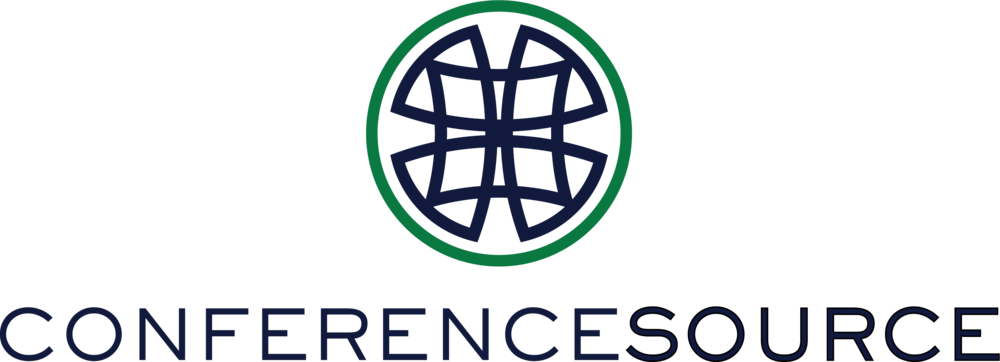Ever since the height of the pandemic – nearly three years ago – healthcare organizations have been fighting an uphill battle against their employers, trying to get them to recognize the hard work and effort they have been putting in as the healthcare system became overrun with COVID-related cases.
Now, with the pandemic in the rearview, healthcare workers are still demanding better employee incentives, from increased wages, and being rewarded financially to more time off as an increasing number of professionals are finding it harder to cope with mass work-related stress and burnout.
Though considered one of the most developed nations in the world, the United States has found itself in the midst of a severe healthcare worker shortage. According to a surgeon general advisory report, the U.S. will have a projected employment shortage of more than three million essential low-wage healthcare workers in the next five years and more than 140,000 physicians by 2023.
Signs Your Staff is Overworked
To prevent workers from becoming overworked, tired, and disconnected, employers and managers must take note of their team members’ attitudes and emotional stability while at work.
Common signs of employees feeling overworked include:
- Often productivity in the workplace tends to be lower, and employees often feel less engaged with their colleagues and team leaders.
- The quality of their work is not up to standard, and they tend to be less focused.
- Healthcare workers will often feel as if their growth and development are being stalled if they are not offered adequate access to essential training.
- Interaction with patients tends to decline, and they are often more focused on getting the work done faster than concentrating on sustaining a healthy relationship with their patients.
- Some people may feel overworked when they are not noticed or valued for their effort. This can often directly affect their mental health, and have mixed effects in terms of their productivity, and service they provide.
- Team morale plummets, and employees are feeling less passionate about the work they are doing.
An increasing number of healthcare workers are either quitting or resigning on short notice.
In the high-paced healthcare environment, where staff are required to be constantly engaged with patients and other colleagues, burnout can quickly flow from one worker to another.
Incentives for Healthcare Employees
Some incentives might require employers to dig a bit deeper into their annual budgets to help attract and retain valuable staff. In the case of healthcare workers, many of them tend to debate over higher wages and better healthcare incentive programs as a way to ensure they are paid and valued for their expertise and the services they offer the community.
Though it’s not always possible to place a monetary value on healthcare workers’ services, this will change according to experience and field expertise.
Give Time Off
A survey by Indeed found that more than half, around 52% of employees claimed to be feeling burned out, exhausted, and tired most of the time. Giving staffers adequate time to rest, and disconnect from the workplace is the best possible way employers can avoid their teams feeling tired and overworked.
In the same breath, it’s important to allocate enough time off, based on industry standards and the needs of either the hospital support staff or clinic. Ensuring employees are not over-scheduled will give them adequate time to rest and potentially help boost company morale.
Gift Cards
It’s perhaps not the most conventional incentive to give to healthcare workers. Still, it’s often the smaller and lesser-known tokens of appreciation or incentive programs that can help keep employees feeling valued.
Gift cards will need to be based on employee needs and preferences. In this case, it would be more suitable to give gift cards that can be translated into a financial incentive. Ensure that employees can make the best use of gift cards and that they are related to their direct needs.
Lunches
Providing free or partially subsidized lunches at work is another way to incentivize healthcare personnel.
Seeing that many of these employees are constantly on their feet, and are required to be engaged with the patients and the work they do, it’s important to provide them with a balanced and healthy meal(s) during their working hours. Nutrition and a well-balanced diet can play a big role in employee performance.
Better Pay for Productivity
Better pay and wages are often the biggest, if not the only, incentive programs healthcare industry workers are seeking when they are changing jobs or entering the labor market.
Some research revealed that in 2005, around 75% of American employers paid their employees’ wages based on the Pay-for-Performance (P4P) model.
This system has traditionally been known to reward employees through financial incentives based on the quality of their work and the patient satisfaction they can provide.
In modern times, better pay for productivity is a big part of the general debate on how much medical staff should be making, and how employers can help to find a way to match worker needs.
Recognition
In any workplace, it’s common for employees to feel more valued and appreciated when they are directly being recognized, either by their manager or their employer. Though in the healthcare industry it might be harder to actively seek out employees individually and provide them with the recognition they deserve.
In this case, healthcare providers and employers will need to think of innovative ways to provide employees with the right amount of recognition for their work.
Recognizing employees not only boosts their confidence, but it plays a big role in how employees will treat their superiors and engage with patients during their normal working hours.
What Is An Incentive?
Incentive programs can be seen as a reward or benefit that helps to motivate another person or employee, which can positively impact their behavior in the workplace.
Often incentives are used to help boost employee morale, increase feelings of recognition and appreciation, and help keep employees more engaged in the workplace.
Check Out Designing Health Incentive Programs That Work:
The Difference between an Incentive and a Motivation
An incentive can be a physical, or non-physical benefit, either employee reward such as a gift card or a wage bonus. Typically incentives are more focussed on the physical value of the nonmonetary incentives or encouraging people to become high performers.
However, motivation can be words of affirmation or any form of communication used among employers and staff to help personnel feel more connected with one another and help to boost their workplace mindset. Often motivation is used to increase the workplace dynamic by fostering a more positive and welcoming environment for all workers.
Ways to Improve Work Performance in Healthcare
There are several ways employers can look to improve the performance of healthcare sector workers in the workplace, but generally, it would depend on the requirements of the facilities and the resources personnel have access to.
In the same breath, some hospitals and clinic managers can improve work performance by:
- Providing adequate communication from top management.
- Ensuring that all healthcare employees are well-informed and up-to-date about any changes.
- Keeping track of performance and incentivizing based upon these milestones.
- Having workers avoid any unnecessary multitasking that can lead to burnout.
- Provide enough access to learning and development materials.
- Ensure that delegation among team leaders and managers are more efficient.
- Keeping staff healthy and providing enough work-life balance rest.
FAQs
What Are the Top 10 Motivators for Employees?
1. Feeling valued and appreciated.
2. Having access to recognition programs to improve performance.
3. Better pay and adequate incentives.
4. Career and job-related development opportunities.
5. Job security.
6. Healthy and positive working environments.
7. Loyal employers and team leaders help to motivate staff.
8. Open communication between team members and leaders.
9. Engaging and interesting work that healthily challenges staff.
10. Well-structured and organized working conditions.
Final Thoughts
Healthcare workers have endured a tumultuous few years, and having them receive the recognition they deserve, paired with incentives that help them feel more recognized, has become a crucial part of keeping employees engaged and motivated in the workplace.
Though the healthcare industry can be an extremely taxing and exhausting industry, employers and managers need to respect and provide employees with adequate assistance and job satisfaction.

